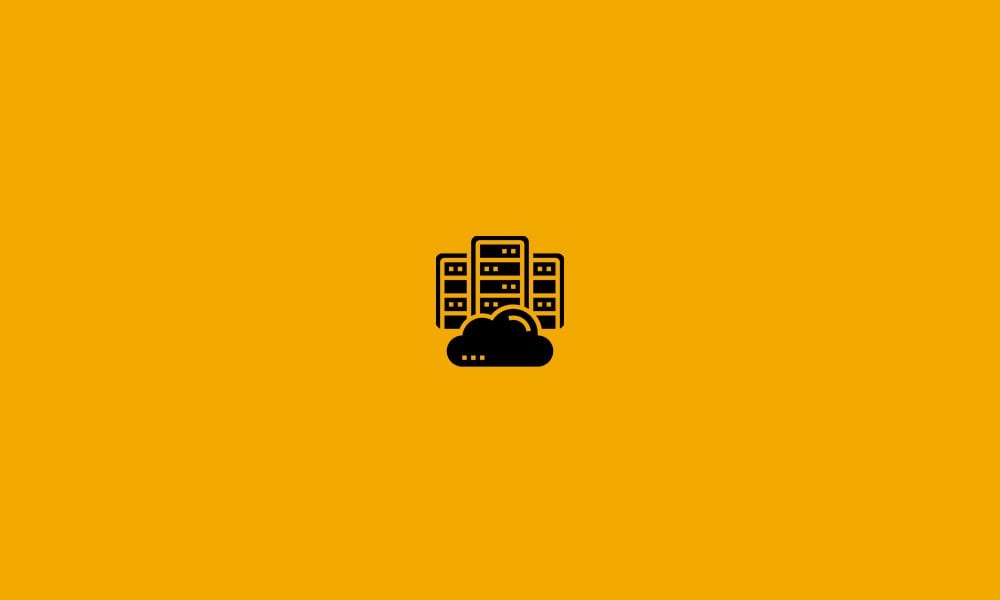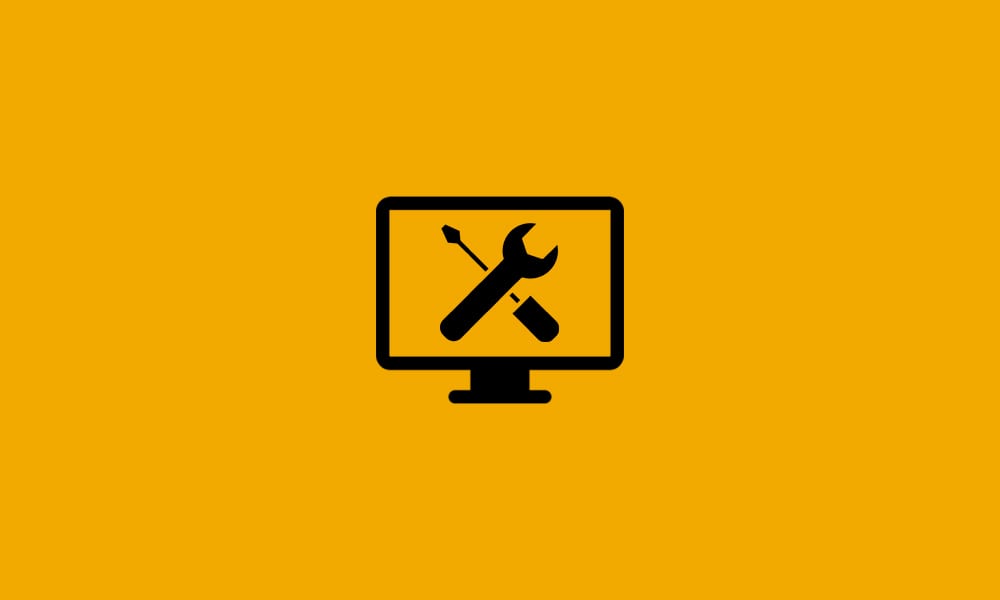MS Exchange Critical Security Threat – We’ve Got Your Back!

You may have heard rumblings across the Internet of a giant Microsoft Exchange vulnerability that raised its ugly head this week. On Tuesday evening, Microsoft announced the existence of four critical zero-day security vulnerabilities affecting all current versions of Microsoft Exchange Server. That’s the same time we stepped up to make sure that all DataYard […]
Long Term Effects of COVID-19 on Offices

Even as businesses start to reopen and life resumes a more normal pace, much has changed since the global outbreak of COVID-19 began. People have grown accustomed to staying in, take-out and delivery services have skyrocketed, and group video chats and livestream performances have become the new normal. Expectations and habits have shifted on an […]
Understanding What VPNs are and Why You (Probably) Need One

If you are reading this, you’ve likely at least heard of the term “VPN”. It’s possible you’ve even used a VPN without fully understanding what it is. Today, we’re going to not only explain what a VPN is, but also why they can be very beneficial in today’s cloud-based world. VPN stands for “virtual private […]
Work-Life Balance with BYOD

BYOD (bring your own device) offers a number of benefits. Employees choose the device they use, employers save on device costs, remote working is simplified, the list goes on. It’s not without its concerns, however. In addition to security risks, one of the primary red flags with BYOD is the blurring of work life and personal life. With the rise of smartphones, powerful portable computers, […]
Importance of IT in Quarantine Remote Work

With the outbreak of the COVID-19 virus and the implementation of quarantine and social distancing measures, most office workers are finding themselves operating from home. While many modern offices have some degree of work from home policies in place, the idea of everyone working from home day after day is a much different situation. Everyone is having to rapidly adjust. Working […]
Information Technology Oversights You’re (Probably) Making

Proper systems and protocols need to be established, hardware needs to be upgraded, software/firmware needs to be updated, etc.
With so much going at once, it can be a lot to keep track of. If businesses operate under a false sense of security, important elements can be overlooked.
Bring Your Own Device

With the increasing affordability of modern technology, along with the integration of that technology in our day-to-day lives, an individual person often has numerous devices they utilize throughout the day. Almost every adult has their own smartphone. Over 50% of US adults own a tablet. Laptop ownership is even higher among certain age groups.
Why SD-WAN Matters for Businesses in 2020

SD-WAN stands for “software-defined wide area network”. Whereas a traditional WAN typically operates at the point of contact, an SD-Wan is able to create a virtual architecture within the network, proving intelligent control. SD-WAN is designed for today’s network activity, bringing more customization, faster speeds, tighter security/privacy, and more.
Why Backing Up Data is So Important for Businesses

Remember the days of floppy disks where you entrusted important documents to tiny pieces of plastic that were easily lost, destroyed, erased? Well maybe you don’t because you’re too young to have even held a floppy disk, but it’s the same scenario with CD’s, flash drives and external hard drives today. Thankfully, we have cloud storage systems […]
Your Business Needs a Next Generation Firewall

As we mentioned in a recent post, a firewall is your first line of protection against malicious presences on the internet. A firewall is the gatekeeper to what’s entering your network or device, keeping the bad things out while letting the safe information in. At least, that’s what it should be doing. But as malware, viruses, and hacking techniques […]
